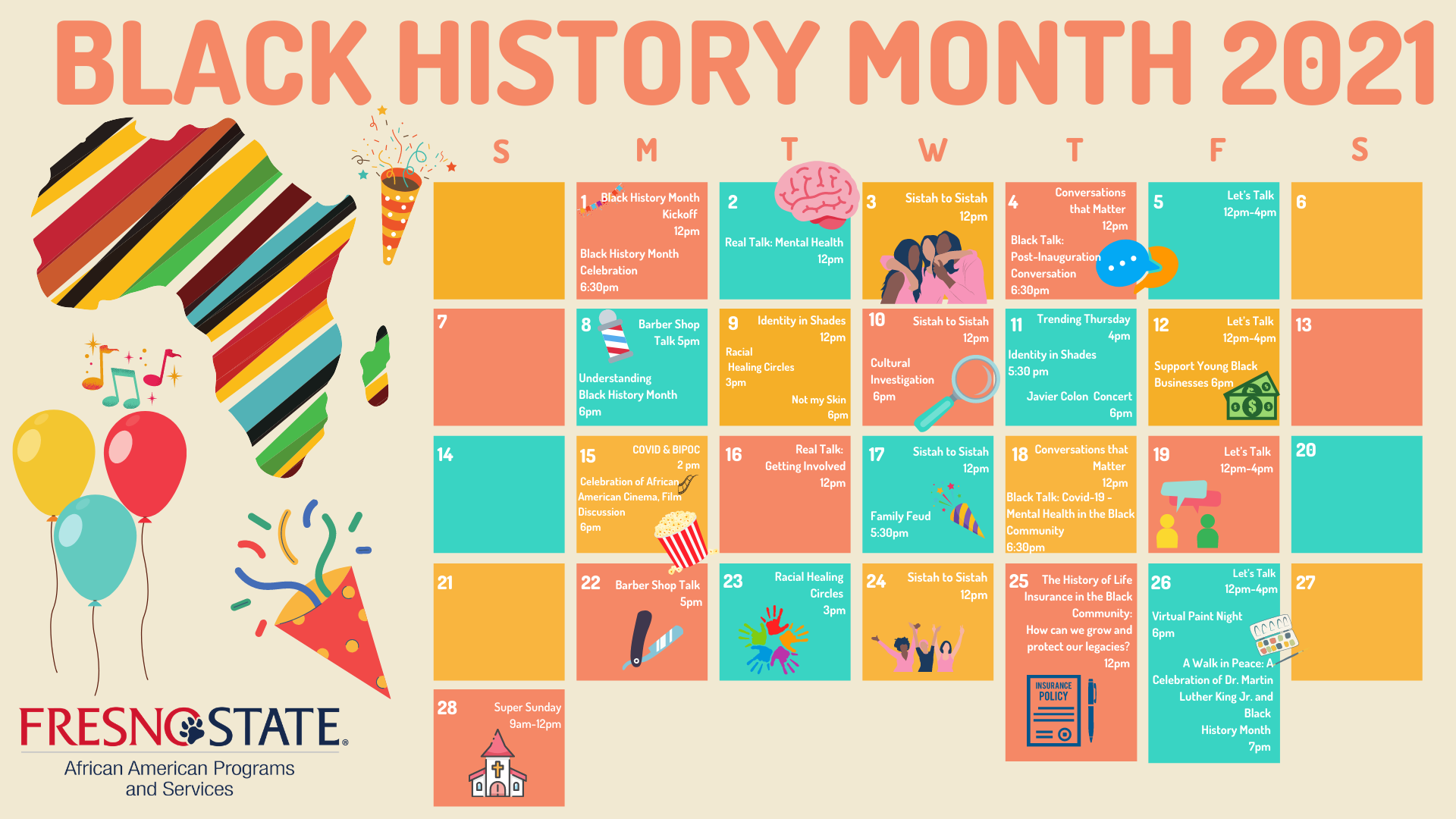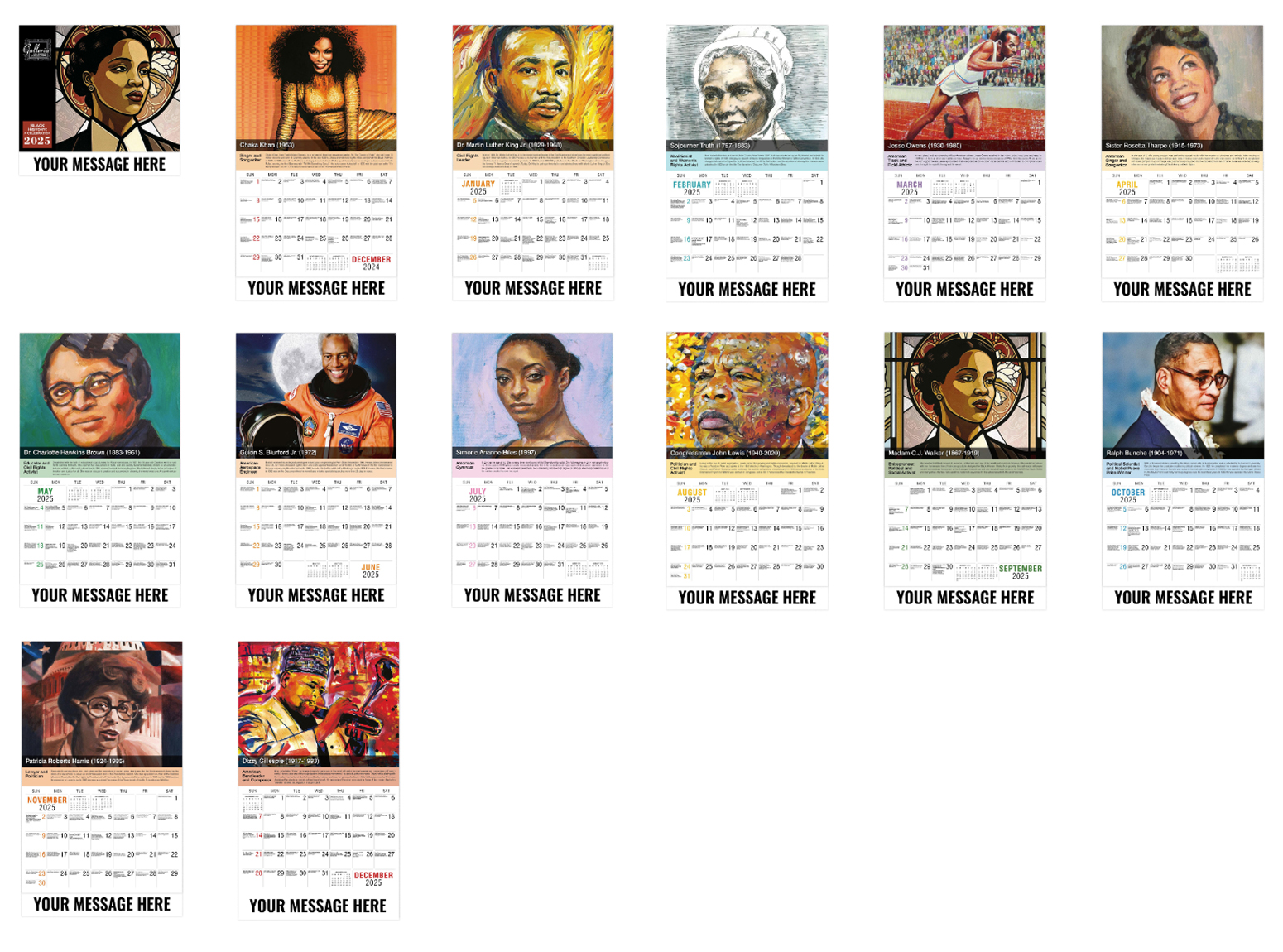Black History Month Google Calendar: Celebrate And Educate - Data shows that Black History Month has gained significant traction over the years, with increasing participation and engagement. According to a recent survey, over 70% of Americans believe it is important to celebrate Black History Month, highlighting its relevance and impact. Black History Month Google Calendar offers a practical and effective way to engage with and celebrate the rich history and contributions of the African American community. By utilizing this tool, you can stay informed about events, educational resources, and opportunities to make a difference.
Data shows that Black History Month has gained significant traction over the years, with increasing participation and engagement. According to a recent survey, over 70% of Americans believe it is important to celebrate Black History Month, highlighting its relevance and impact.

We encourage you to take action by adding Black History Month events to your Google Calendar and sharing this article with others. Together, let's honor the past, celebrate the present, and work toward a more inclusive future. Don't forget to leave a comment or explore other articles on our site for more insights and inspiration.
Black History Month has a profound impact on society by fostering awareness and understanding of the African American experience. It encourages individuals to reflect on the past while inspiring them to create a more inclusive future.
Black History Month originated from the efforts of historian Carter G. Woodson and the Association for the Study of Negro Life and History (now known as the Association for the Study of African American Life and History). Established in 1926, it initially began as "Negro History Week" and was later expanded to a month-long observance in 1976. This period is dedicated to recognizing the achievements and struggles of Black individuals throughout history.
Throughout Black History Month, numerous events and activities take place to honor the legacy of African Americans. These events range from cultural festivals and art exhibitions to educational seminars and community service projects.
Google Calendar offers several advantages that make it an ideal tool for organizing and participating in Black History Month activities:
Understanding the significance of Black History Month goes beyond mere acknowledgment; it is about fostering awareness, promoting equality, and celebrating diversity. With the help of Google Calendar, individuals and organizations can stay informed about events, webinars, and educational programs that focus on Black history and culture.
Black History Month provides an excellent opportunity to expand your knowledge about the African American experience. Numerous educational resources are available, including online courses, books, documentaries, and podcasts.
Black History Month Google Calendar serves as a powerful tool to celebrate, educate, and honor the contributions and legacy of African Americans and the African diaspora. This annual observance, held in February in the United States, provides a unique opportunity to recognize the pivotal role Black individuals have played in history. By integrating Black History Month events into your Google Calendar, you can actively participate in commemorating this significant period.
Google Calendar offers an excellent platform to stay organized and engaged during Black History Month. By adding relevant events and reminders, you can ensure that you actively participate in the commemorative activities and educational opportunities available throughout February.
Adding Black History Month events to your Google Calendar is a straightforward process. Follow these steps to ensure you stay informed and engaged:
As we delve deeper into this article, you will discover how to effectively use Google Calendar for Black History Month, explore its benefits, and learn about the rich history behind this commemorative month. Together, let's celebrate the achievements and contributions of the Black community while educating ourselves and future generations.
